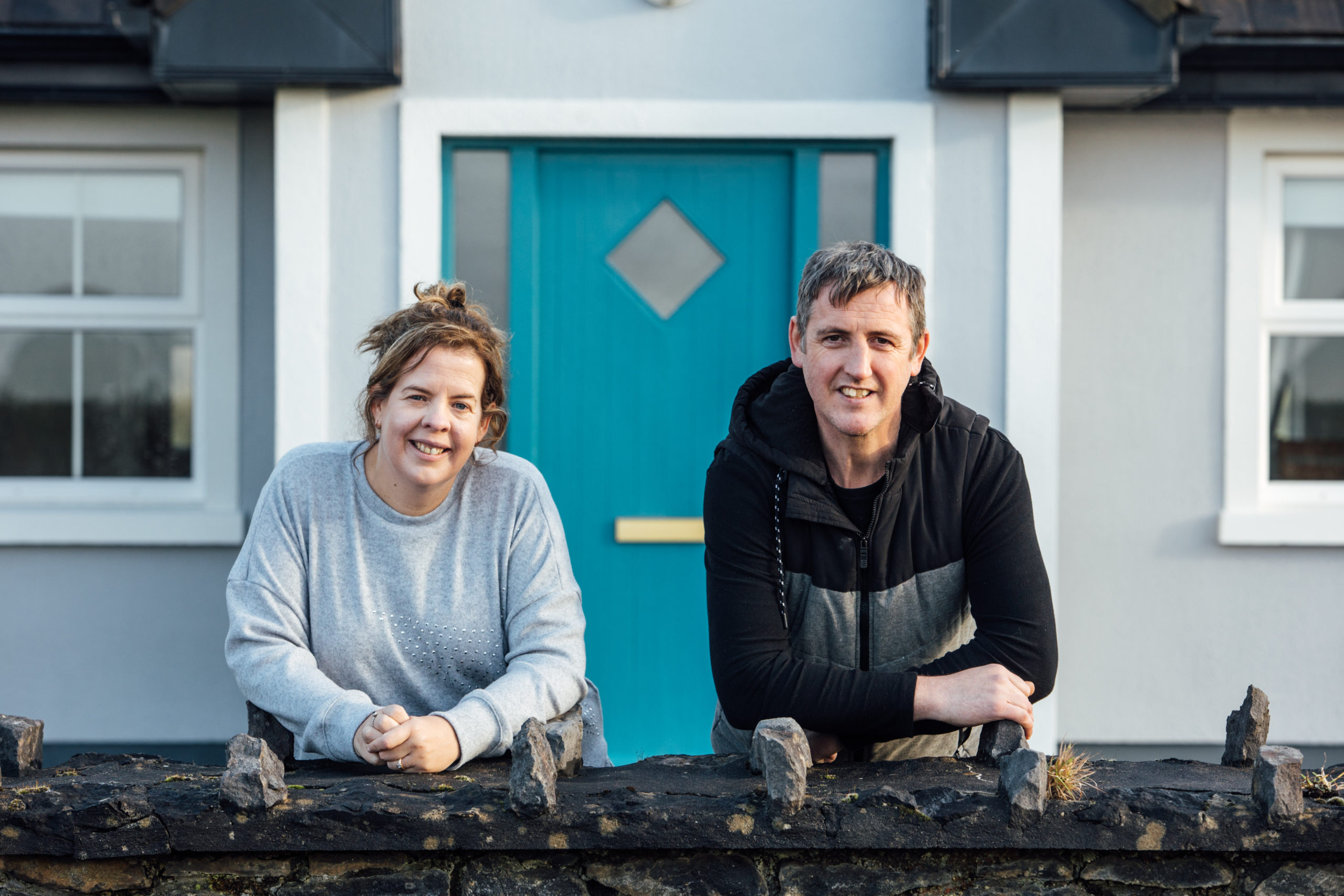20th April 2018
Peter McVerry Trust, the national housing and homeless charity, has welcomed a record decrease in the official number of people recorded as sleeping rough in Dublin. The charity was commenting on new figures published today which show the number of people sleeping rough dropped from 184 in winter 2017 to 110 in spring 2018, a 40% decrease and the largest decrease on record.
Peter McVerry Trust urged the Government and the Dublin Region Homeless Executive (DRHE) to continue to intensify efforts to decrease the number of people sleeping rough and make every effort to eliminate the need to sleep rough. The charity said it is committed to doing everything possible to help reduce the number of people sleeping rough, in partnership with the DRHE and Department of Housing.
40% decrease on winter 2017 count
Pat Doyle, CEO of Peter McVerry Trust welcomed the latest figures and highlighted the need to maintain the high intensity response to people sleeping rough in the months ahead.“The latest figures show a 40% reduction in the past 6 months in the number of people sleeping rough, that must be welcomed and every effort must be made to decrease that figure further over the next 6 months ahead of winter 2018. The reduction is a clear result of a high intensity and assertive programme of engagement with people sleeping rough to encourage them into shelter and housing.”
Impact of Extreme Cold Weather Response
Mr Doyle pointed to the work of Peter McVerry Trust as well as the DRHE’s coordinated response to Storm Emma as a significant contributing factor to the reduction in the number of rough sleepers.
“Peter McVerry Trust has made huge efforts to tackle the issue of rough sleeping and many of our initiatives have directly helped to reduce the number of people sleeping rough. The extreme weather events at the time of Storm Emma saw a major mobilisation of resources involving the DRHE and Peter McVerry Trust to get people off the street.That response meant that we brought people who wouldn’t normally access shelter into a professional environment where we could assess and engage them over a period of days. Ultimately, it allowed us to secure new accommodation for an additional 60 people who would normally have slept rough in Dublin.”
Housing First
Mr Doyle also highlighted the positive impact that Housing First was having in helping people sleeping rough with a recent acceleration in the delivery of tenancies. It is expected that Housing First’s impact will continue to grow with the recent appointment of a National Director for Housing First and the rollout of national implementation plan.
“The Housing First project, funded by the DRHE and delivered by Peter McVerry Trust and Focus Ireland, has made massive strides in the past 12 months in increasing the number of new homes secured for people sleeping rough. 220 tenancies have been created through this programme so far, and we are working to increase this amount on a daily basis.”
“The Housing First programme has been extremely effective in securing homes for people with a significant history of sleeping rough. Housing First provides tenants with a range of multi-disciplinary wraparound supports, which results in tenancy sustainment rates that are above international norms.”
Concluding, Mr Doyle said a further intensification of efforts could deliver further decreases in the coming months. “We must ensure this reduction is the start of a sustained decrease in the number of people sleeping rough, every effort and resource must be put into getting people off the street and into their own home.”

